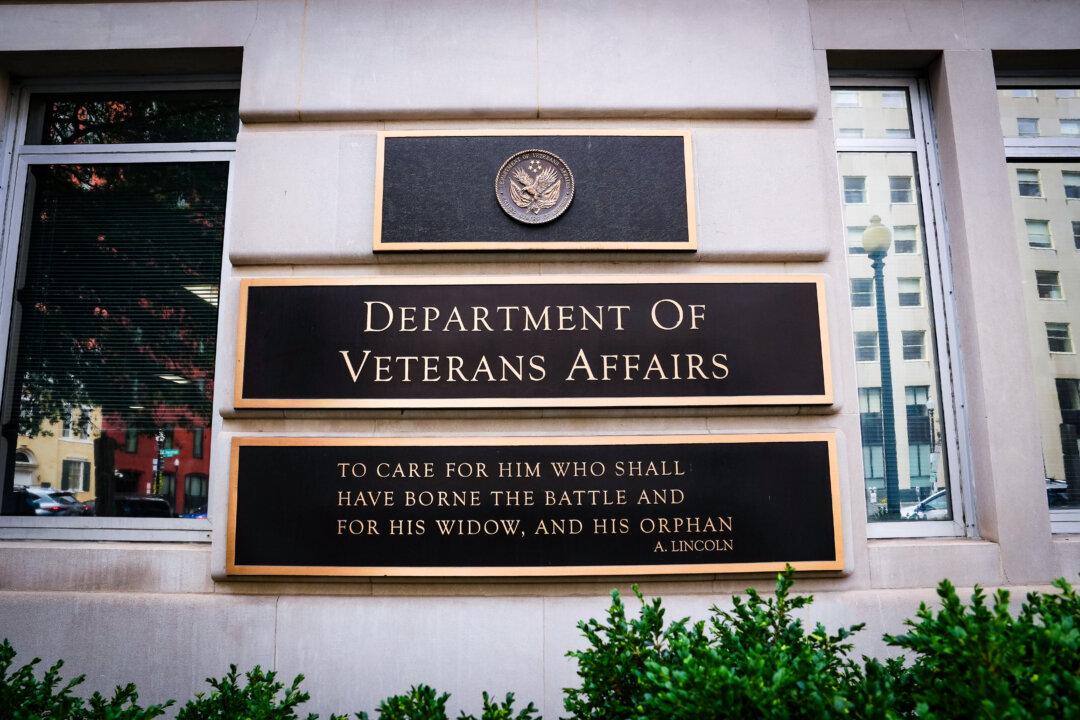The House on June 5 passed its first appropriations bill for the 2025 fiscal year.
The final vote tally on the 92-page bill to fund military construction, the Department of Veterans Affairs (VA), and related agencies was 209–197.

The House on June 5 passed its first appropriations bill for the 2025 fiscal year.